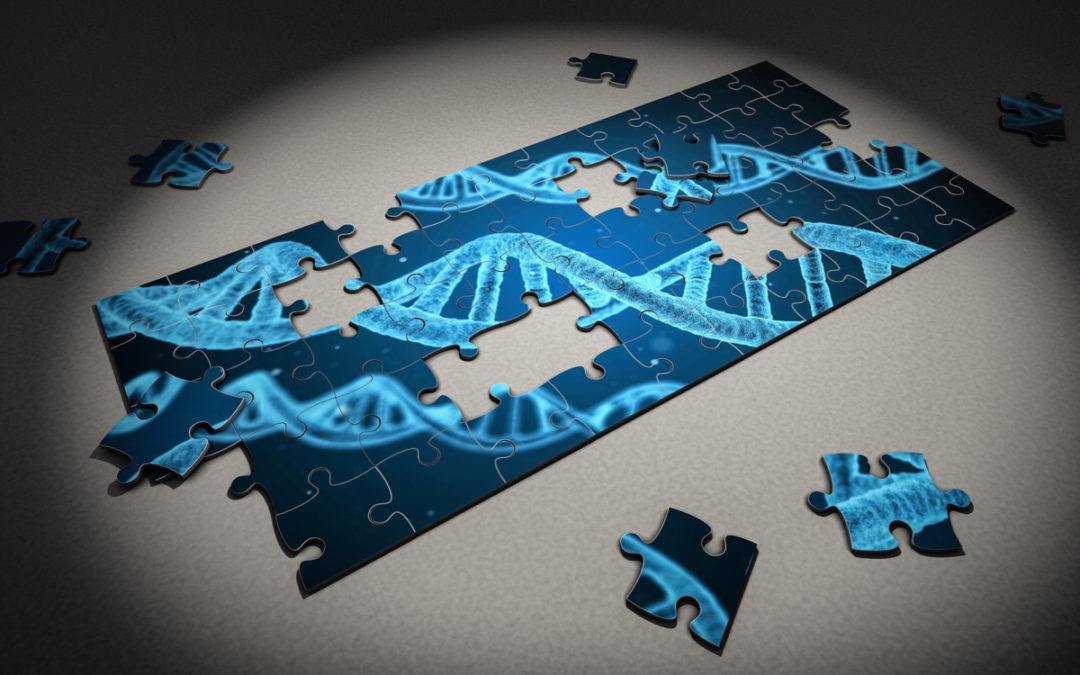Klotho is an anti-aging protein that is mostly detected in the kidney and brain. It was first identified in mice as an aging suppressor. Overexpression of this gene extends one’s lifespan, while a deficiency can lead to aging faster or even early death. This gene is a coreceptor for fibroblast growth factors and is thus involved in maintaining endocrine system homeostasis. The Klotho gene gets its name from the Greek Mythology, Clotho. Clotho was one of the daughters of Zeus, who was responsible for determining the duration of life.
Aging is a complex process stemming from the interaction between environmental and genetic factors. It is also highly associated with increased cases of hypertension, diabetes, cardiovascular diseases, and kidney diseases. Scientists are still trying to find the role of Klotho in the malfunction of body organs. Understanding this gene can help provide information on prevalent conditions.
The Structure of Klotho Gene
The klotho protein comprises 5 exons. The gene was identified in 1997 when Kuro-o et al. showed that the insertion of a transgene caused a syndrome similar to aging in Klotho-deficient mice. A defect in the klotho gene in mice led to syndromes resembling aging, such as a short lifespan, vascular calcification, infertility, osteoporosis, age-related skin changes, and increased peripheral insulin sensitivity. The klotho gene encodes a single-pass transmembrane glycoprotein (1012 and 1014 amino acids in humans and mice respectively) located in the cell membrane and Golgi apparatus.
The gene is expressed in several tissues and cell types but at specifically high levels in the kidney and brain. It is also expressed in other organs like the ovary, penis, placenta, and aorta.
Role of the Klotho Gene
The gene helps in the making of the protein alpha-klotho, majorly found in kidney cells. The protein aids in regulating phosphate levels in the body (Phosphate homeostasis). One of the functions of phosphates is the formation and growth of bones in children and bone strength maintenance in adults.
Why Klotho is Important in Aging and Human Diseases
Evidence shows that klotho helps in suppressing aging. Its deficiency is also involved in conditions like cancer, acute and chronic kidney diseases, and salt-sensitive hypertension. The serum level of klotho reduces as humans age. However, scientists are yet to prove how Klotho deficiency contributes to age-related conditions.

